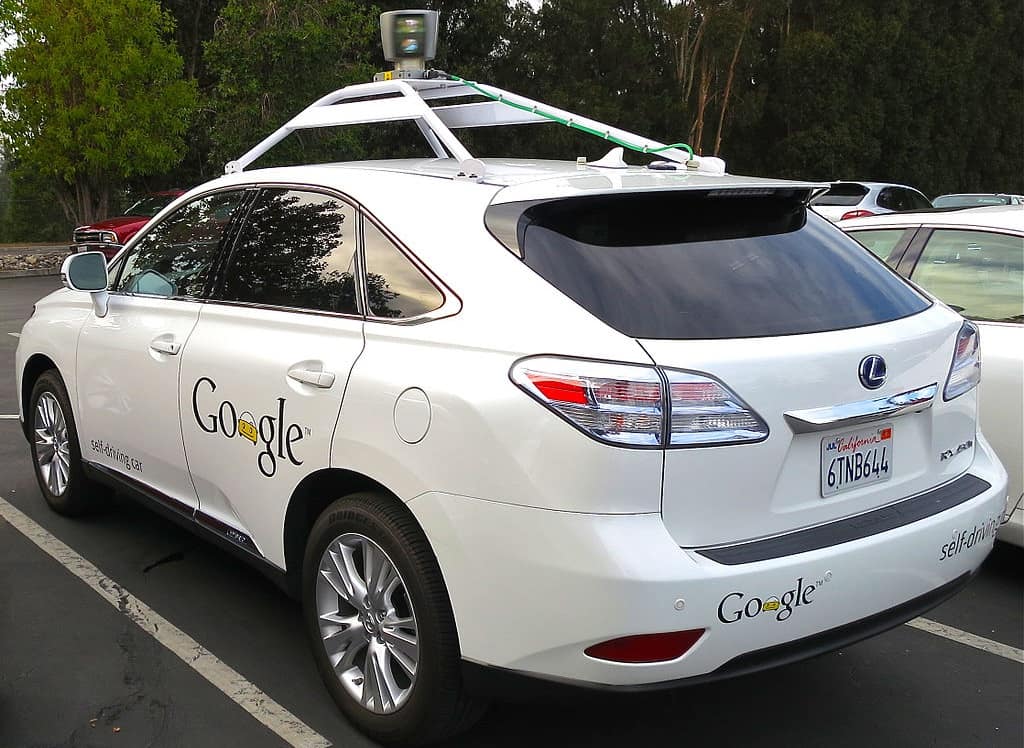Research Explores the Human Side of Autonomous Driving

A special article collection on the human side of autonomous driving features Embry-Riddle research that looks at how positive and negative media portrayals of driverless vehicles affect consumer perceptions of the technology.
The article collection, published by Elsevier and freely available until Dec. 31, 2018, covers six levels of automation, from none to hands-off driving. The editors note, however, that “regardless of the level of automation we reach, there will always be a human side to autonomous driving, whether it’s the psychology behind getting people into self-driving cars or the policy implications of the technology.”
In a pair of Embry-Riddle studies, people were more willing to ride in driverless vehicles after hearing positive information about them, and less willing to ride after hearing negative information. Because people from India are significantly more willing to ride in driverless vehicles compared to Americans, the researchers also looked at the effect of nationality on an individual’s willingness to forego a human driver. Females from India had the highest willingness-to-ride scores, researchers found.
The Embry-Riddle team was directed by Scott Winter, a faculty member in the College of Aviation’s School of Graduate Studies, and colleague Stephen Rice of the College of Arts and Sciences’ Human Factors and Behavioral Neurobiology Department on Embry-Riddle’s Daytona Beach, Fla., Campus. Student Emily Anania served as first author of the research. Co-authors were students Nathan Walters, Matthew Pierce and Mattie Milner.

 Ginger Pinholster
Ginger Pinholster